Talk Overview
Both our entire body and all of our organs are covered with a protective layer of epithelial cells. These cells are constantly replicating and dying and a balance between cell death and division is critical to maintain epithelial homeostasis. Too much cell death can lead to gaps in the epithelial barrier while excess division can result in the formation of epithelial tumors. Rosenblatt is interested in understanding the signals that regulate epithelial homeostasis. In Part 1 of her talk, Rosenblatt describes her lab’s novel finding that stretching epithelial cells causes a stretch-activated Ca2+ channel (Piezo1) to open, increasing intracellular Ca2+ levels and stimulating pathways that trigger cell division.
How do epithelial cells die and not leave a hole in the protective membrane? In Part 2, Rosenblatt explains how her lab discovered epithelial cell extrusion or the process of squeezing dying cells out of the epithelial monolayer. Sphingosine 1-phosphate (S1P) is released by extruded cells and stimulates neighboring cells to form an actomyosin ring. Contraction of the ring squeezes out the apoptotic cell. Interestingly, crowding can activate extrusion of live cells that go on to die once they lose contact with other cells. Rosenblatt’s lab found that live, extruded cells also release S1P. S1P release is regulated by the same stretch activated channel, Piezo1, as is cell division. These data provide a mechanism by which epithelial barrier function and constant cell densities are maintained.
In her third talk, Rosenblatt describes how epithelial diseases such as asthma or cancer can result from aberrant cell extrusion. Too much cell extrusion can lead to holes in the epithelia and compromised barrier function, as seen in asthma. Too little extrusion can lead to masses of cells accumulating on epithelial surfaces, a process likely at work in some cancers. Rosenblatt also describes work from her lab that disrupted S1P signaling may play a key role in causing cancers of epithelial origin, such as pancreatic cancer. She also explains that extrusion from the basal face of an epithelial layer, rather than the usual apical extrusion, is likely an important first step in driving cancer metastasis.
Speaker Bio
Jody Rosenblatt
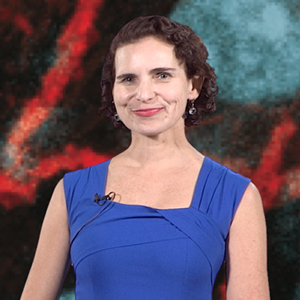
Dr. Jody Rosenblatt received her BA with honors from the University of California, Berkeley and, after a short stint at Chiron Corporation, she moved across the bay to work as a technician with David Morgan at the University of California, San Francisco. Rosenblatt stayed on at UCSF for her PhD where she worked in Tim… Continue Reading
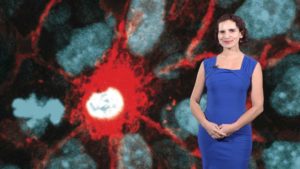
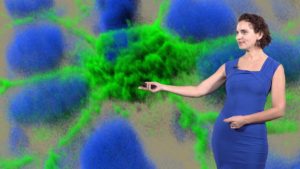
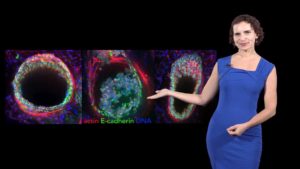
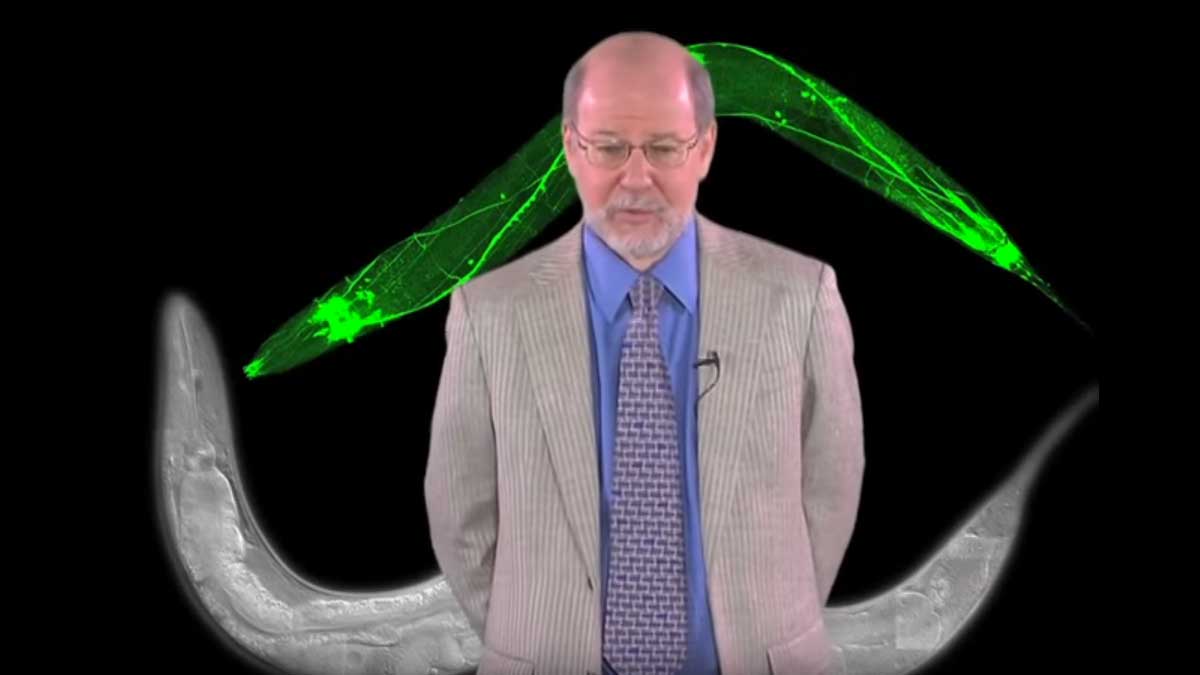
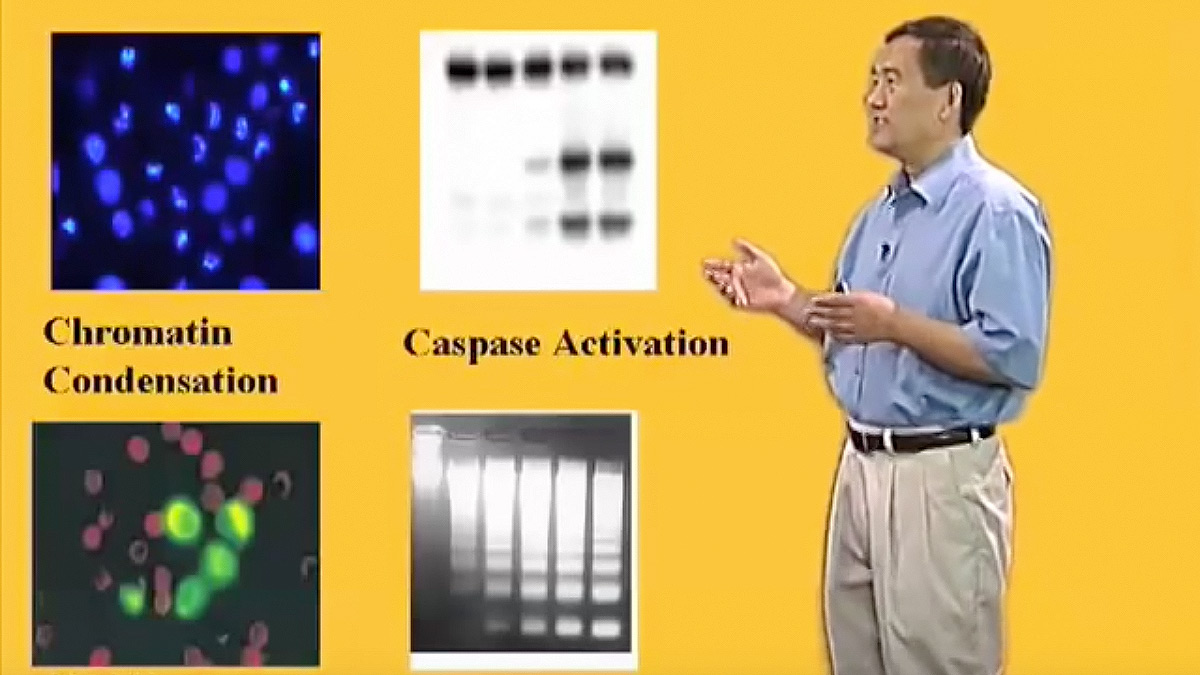
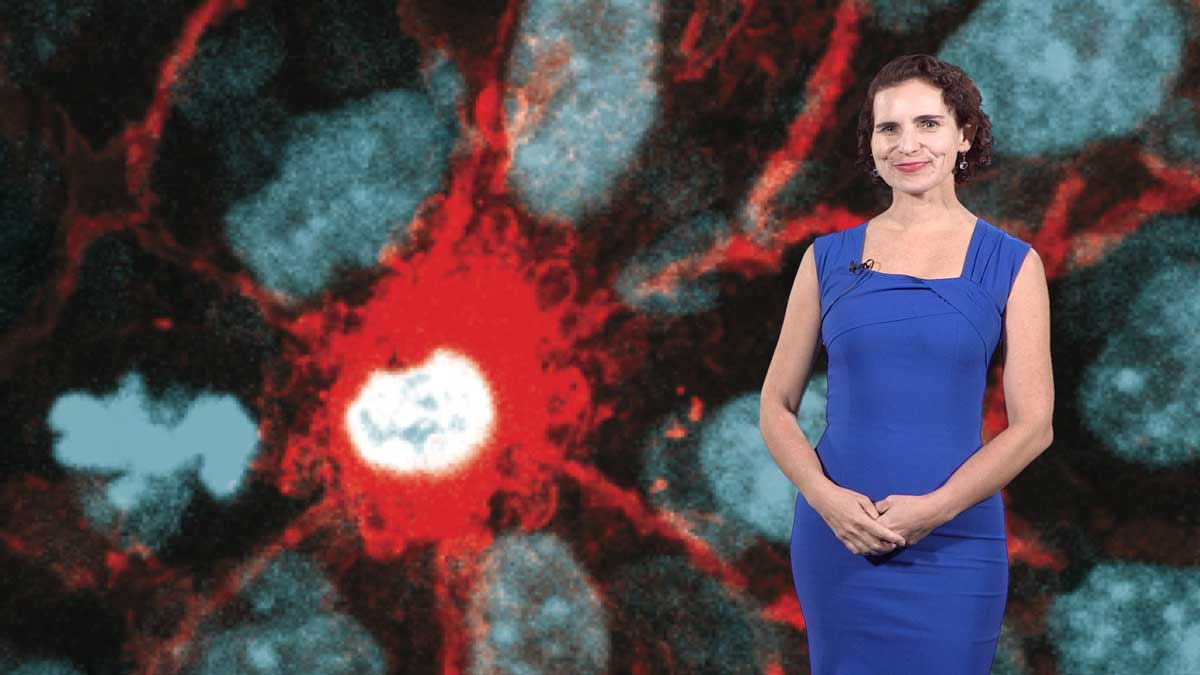





Leave a Reply